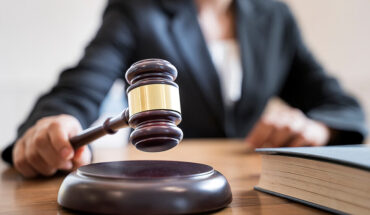Driving is never an easy task as every decision there will be consequences, especially in every offense of every driver. There are a lot of driving offences solicitors company and team who offers legal assistant to those who need. Most of the company in a country has their specialist specialist Solicitors for driving offence such as Defence Lawyers who defend motorists for all types of motoring offences. Driving Offences Solicitor Lawyers give a comprehensive legal service to motorists in every area of the world. Every year, thousands of people in the world punished because of driving offences. Although most driving offences are not convicted with a jail term, several of the given punishments can have a profound result on the convicted person. If an individual has been accused of a driving offence, then they should take in contact with a qualified solicitor to know how they can help.
Driving Offences
- Driving with the influence of alcohol or drugs;
- Careless driving;
- Harmful driving;
- Driving without a Legit licence;
- Over speeding;
- Failed to stop after an accident or failing to report after an accident;
- and driving whilst using a mobile phone.

Technical Defences. In order to ensure a conviction, the prosecution must present evidence which has been collected in a fair and legal manner. If any doubt is seen upon the validity of the evidence that has been proposed, then it may have the chance to cast valuable doubt on the offence itself. The Prosecution must capable to present that the proper procedures were followed when the evidence was being bring. For instance, the Prosecution must enable to prove that data collected by a speed camera is appropriate and that all of the necessary calibration checks have been obeyed. If a police officer has failed to execute the necessary calibration checks at the start of their shift; or if they have not followed the manufacturer’s implementation guidelines properly then it may be possible for a driver to launch a technical defence.
Special Reasons. It may be possible to present that there were special factors why a driver done one of these offences. If the Courts give that these special reasons were adequate, then it may be possible to prevent a conviction for the offence. For instance, if it can be given that a person drove while under the influence of drugs or alcohol after their drink was laced with a foreign ingredients, then the Courts may consider this to be a great reason to acquit the accused. Moreover, if it can be given that some insurance documents that were issued were described in such a way that a normal person would have conflict to comprehend the documents, then it may be possible for a person who has been accused of driving without adequate insurance to mount a successful defence.
Extreme Hardships. The Courts are usually sympathetic to offenders if they are capable to present that a driving ban would have a lot of impact on themselves or others. If a ban would apply lives or livelihoods at risk, the Courts can normally utilize their discretion to enable the offender to prevent a lengthy ban. Examples of great hardship include; a driving ban meaning the loss of a job, a driving ban meaning that a major carer was no longer able to execute their care duties; or a driving ban means that a person doesn’t have the chance to continue to live in their existing home.




